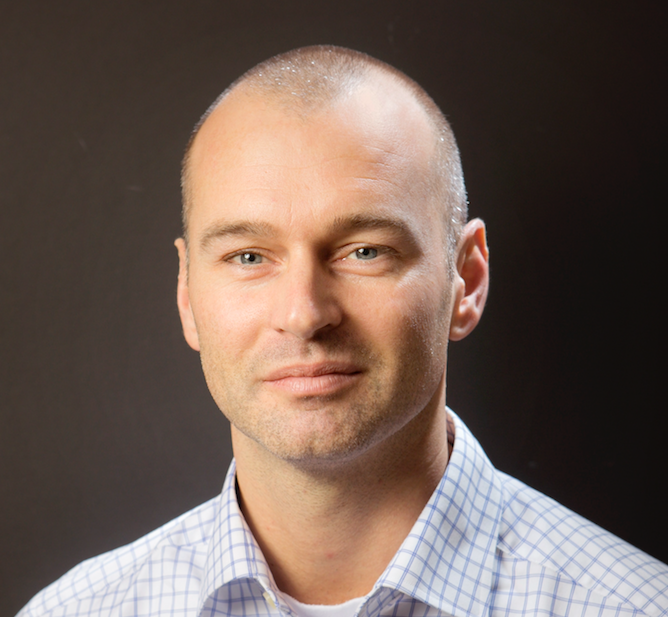
icon
-
The Society
BackERS structure
Advocacy
ERS community
- ERS membership
- Awards and Fellows
- Hall of fame
- Elections and open positions
- Assemblies and Groups
- FAQs
Community resources
Partner societies


-
Congress and events
BackERS Congress
- ERS Congress
- Registration
- Abstract and clinical case submission – 2025
- Information for faculty, case submitters and abstract authors
- Programme
- Continuing Medical Education (CME) credits
- Media Centre
- Contact information
- Industry
Past Congress
Conferences
- ERS Satellites
- Lung Science Conference
- Respiratory Failure and Mechanical Ventilation Conference
- Sleep and Breathing
- ERS Prevention Summit
ERS Respiratory Channel


- Guidelines
-
Science and research
BackThe 8 Diseases
Funding Opportunities
Research Activities
- Research Agency
- Pragmatic Trials Endorsement
- Ongoing Clinical Research Collaborations
- The ERS Translational Science Initiative
- Ongoing task forces
- Clinical practice guidelines methodology network
EU Projects


-
Education
BackLearning Activities
Funding Opportunities
- About all Fellowships
- Short Term Fellowships
- Long Term Fellowships
- RESPIRE Marie S. Curie
- Clinical Training
Accreditation
Continuing Professional Development Framework


- Publications




